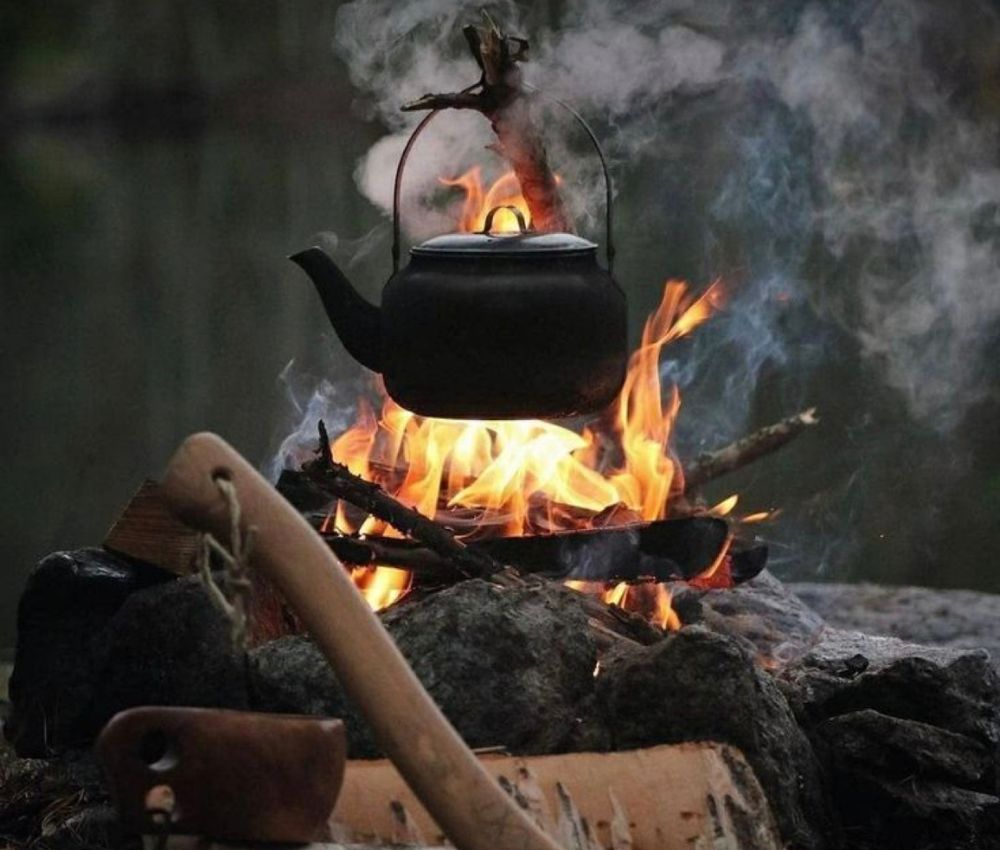Navigating the Terrain of Politicising Race

At this cuppa we looked closely at how race and democracy interact, and what can support conversations to bring people together instead of driving them apart.
Key Words: Race, Politicisation, Neutrality, Common Ground
Introduction: The topic we explored this week was that of politicising race. Our dialogue explored the multifaceted relationship between race and modern politics, as well as sharing ideas about how each of us dealt with it.
The connection between race and democracy is like a complicated puzzle, often causing disagreements and divisions. Our brief discussion focused on the impact of race on contemporary politics, partly spurred by the upcoming New Zealand election and the Voice Referendum happening in Australia. Our intent wasn't solely to identify problems but to gain a deeper understanding and foster conversations that bridge divides.
We looked closely at how race and democracy interact, emphasising the importance of questioning divisions and working towards conversations that bring people together instead of driving them apart.
A tension in this conversation highlighted that depending on your definition, position and framing of ‘race’ or ethnicity, that it can be a barrier or it can be a strength for those who may have experienced ongoing inequities because of their race, as one participant’s perspective offered.
Key Themes:
1. Race as a Political Tool: Participants expressed their frustration with the use of race as a political weapon. One participant astutely observed, "It's used as a weapon." This sentiment reflects the idea that race plays a potent role in shaping political narratives and strategies.
2. Analysing Motives: Participants sought answers to questions like, "Why do people use race? What's in it for politics?" While these questions are important, we highlight the understanding that in many political elements, ethnicity becomes significant when we are discussing matters, for example Te Tiriti o Waitangi." This highlights the idea that ethnicity and race can play a crucial role in discussions related to specific political contexts where historical and cultural considerations intersect with political discourse.
3. Tensions in Discussions: Our yarn highlighted the awareness that conversations about race that are perhaps more deficit in nature, can easily lead to people becoming entrenched in their positions, making it difficult to find common ground or foster productive dialogue.
4. The Role of Neutrality: The role of facilitators in managing discussions about race and politics emerged as important for one participant who emphasised the importance of neutrality and avoiding pushing individuals into corners. It was explained that not participating in fight/flight dialogue is an option, and facilitating sits in-between, looking for ways to work together, despite differences.
5. Seeking Common Ground: Our conversation highlighted how important it is to find middle ground when talking about race and politics. People in the discussion wanted to move past entrenched positions and see things from different angles, which is what Walk Together advocates to avoid division and to make our spaces more inclusive, without causing harm to others.
To conclude, the conversation on the politicisation of race serves as a microcosm of the broader discussion surrounding race in contemporary politics. Drawing inspiration from the cuppa conversation, we can discern a multifaceted narrative that emphasises the need to address race with depth and nuance within the democratic fabric. It is within these candid conversations, that we find the impetus to challenge the politicisation of race and engage in a more informed and inclusive discourse as a way to move past divisiveness.

